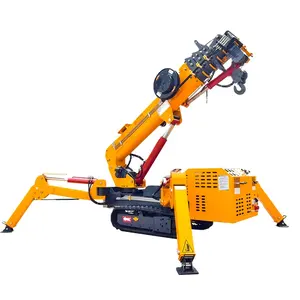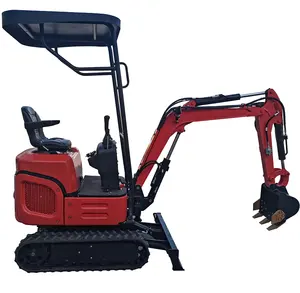Popular in your industry




























Top categories
About tiw valve
A TIW valve, which stands for Texas Iron Works valve, is a critical component in the oil and gas industry. A TIW valve oil and gas is designed to control the flow of fluids in wellbore operations, ensuring efficient and safe drilling processes. In drilling applications, these valves play a pivotal role in managing pressure, preventing blowouts, and facilitating the overall well control. The ability of TIW valves to handle extreme conditions, including high pressures and temperatures, makes them indispensable in the demanding environments of oil and gas exploration.
Uses of a TIW Valve
The primary function of a TIW valve drilling is to regulate the flow of fluids within the wellbore during drilling operations. This is essential for controlling the pressure and preventing the uncontrolled release of fluids, known as blowouts, which can have severe safety and environmental consequences. TIW valves are crucial for maintaining well integrity and ensuring a safe and efficient drilling process.
In addition to their role in drilling, TIW valves are also utilized in well completion and production operations. During well completion, these valves help in the installation of casing and tubing by isolating different sections of the well. This isolation is crucial for the integrity of the well and the overall production efficiency. In production settings, TIW valves are used to control the flow of hydrocarbons from the reservoir to the surface, allowing for optimal extraction and transportation of oil and gas.
Advantages of a TIW Valve
One of the key advantages of a TIW safety valve is its robust construction and ability to withstand the harsh conditions encountered in oil and gas wells. Made from high-quality materials, TIW valves exhibit exceptional durability and corrosion resistance, ensuring long-term performance in demanding environments. This reliability is crucial for well control and contributes to the overall safety and efficiency of drilling and production operations.
TIW valves also offer versatility in terms of application. They come in various types, such as gate valves, check valves, and safety valves, each designed for specific functions in the oil and gas industry. This adaptability allows operators to choose the appropriate valve for their operational needs, enhancing the overall effectiveness of wellbore management.
Moreover, the precise control and operation of TIW valves contribute to optimized well performance. The ability to adjust flow rates, isolate sections of the well, and respond to pressure changes in real time enhances operational flexibility and efficiency. This level of control not only improves the drilling and production processes but also minimizes the risk of costly downtime and environmental incidents.
Maintenance of a TIW Valve
Proper maintenance is essential to ensure the continued performance and safety of a TIW valve manual. Regular inspections, including checks for wear and tear, corrosion, and proper sealing, should be conducted according to the manufacturer’s guidelines. Any signs of damage or deterioration should be addressed promptly to prevent potential issues during operation. Additionally, following a strict maintenance schedule and adhering to industry standards for valve testing and certification are crucial for the wellbore's integrity and the safety of personnel and the environment.












